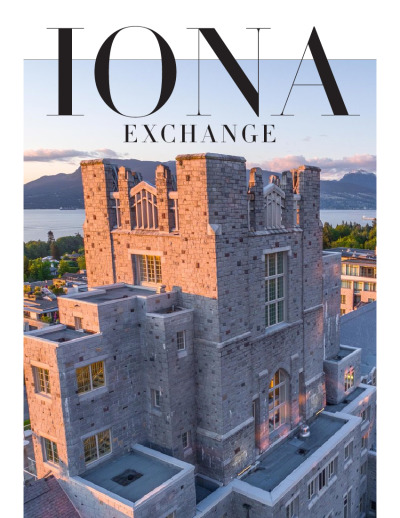The threat of climate change is not as instinctively terrifying as a global war or stock market crash, but the stakes are just as dire. While its consequences may seem far off, the 2 degree Celsius increase in global temperatures that scientists warn against will ravage regions which are currently on the brink; Pakistan, India, and the Middle Eastern Gulf already suffer deadly heat waves that can exceed 49 degrees Celsius, but if global warming continues on its current trajectory, then by 2070 those regions will be on the verge of being uninhabitable. Coupled with growing problems like food insecurity, a worsened climate will culminate in famine, mass migration, and potentially war, all of which destabilize the world. Global warming isn’t simply an inconvenience or a risk to economic growth, it is a national security crisis which will affect everyone.
Read MoreThe latest recipient of the Nobel Prize in Economic Sciences, Esther Duflo, made a monumental impact in the field of economics by being both the youngest person to ever receive the award and only the second woman to do so.
Read MoreInstagram is a fundamental part of the 21st century and has single-handedly reshaped the way we interact with each other. Its online prevalence is astounding; as of 2018, 1 billion users were reported to use Instagram monthly to share their photos and short videos. Along with Instagram’s swift rise in popularity, it has also faced an exponential rise in wealth as it was estimated to be valued at 100 billion dollars in 2018 from its initial net worth of 1 billion dollars in 2012. In short, Instagram’s cult-like popularity makes it a goldmine for advertisers and businesses looking to enhance their online engagement with the consumer market. They do this with the help of the revolutionary walking advertisement: the influencer. The recent developments in online advertising beg the question, is Instagram the new advertising frontier or is it simply a transient phase in digital marketing?
Read More“Fast fashion” is a term used by fashion retailers to describe the inexpensive designs that move quickly from the catwalk to stores. It’s defining feature is that it does not have a certain look; it simply feeds of existing trends. This results in fashion retailers introducing hundreds of new products on a weekly basis. It has grown into an addiction for consumers and is slowly consuming our minds. But at what cost?
Read More18 billion dollars of Apple's revenue from China are at stake each time it has to choose between its ideals and the chance to enjoy the big bucks. When the Taiwanese flag emoji, HKmap, and Quartz disappeared from China’s keyboards and app stores, people started asking questions. Can a company stay in business if it does not adhere to the wishes of powerful foreign governments, and instead chooses to stick to its mission statement?
Read MoreWhat comes to mind when you hear about the Olympics? Likely, images of the 5 colored interloping rings, the podiums, or the world records created are thought of. Hosting this major sporting event that occurs every 2 years tends to be a source of pride for the host city and country as a whole. However, the unanticipated economic impacts it brings to local communities should spur governments to think critically about whether hosting can truly be a good investment for their city.
Read MoreThe First Amendment of the United States Constitution prohibits Congress from abridging the freedom of the press. No reason is provided for the protection of this freedom but the intent is clear. A functioning democracy requires that facts are widely understood because voters must be well informed if they are to vote according to their interests. For this reason, a free press is a necessary institution. However, in the marketplace any firm which is free from government intervention will ultimately be bound by the motive of profit. With this in mind, it is important to ask whether granting the press absolute freedom is the right approach to ensure it fulfills its institutional duty.
Read MoreIt’s rare today to see someone searching in their coin purse for exact change. People tend to dislike metal currency; coins are bulky, heavy, and overall inefficient at a time when the price of most purchases exceeds the trouble of dealing with them. But current trends indicate that the same attitude is slowly developing toward cash. Is this a favorable trend or something to be wary of?
Read More









